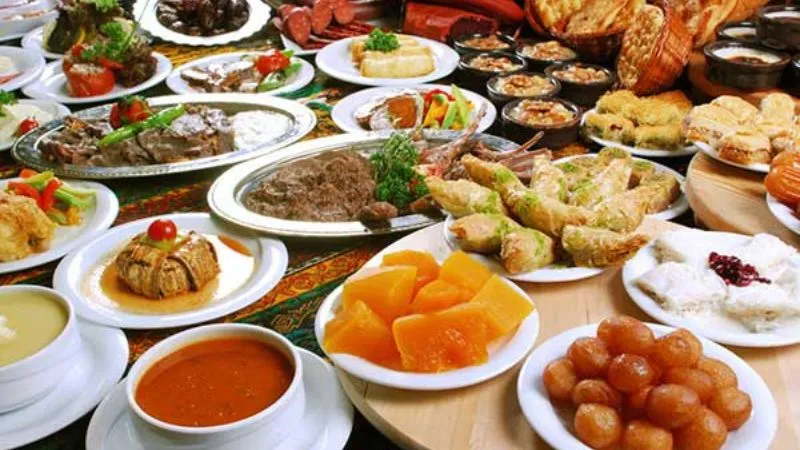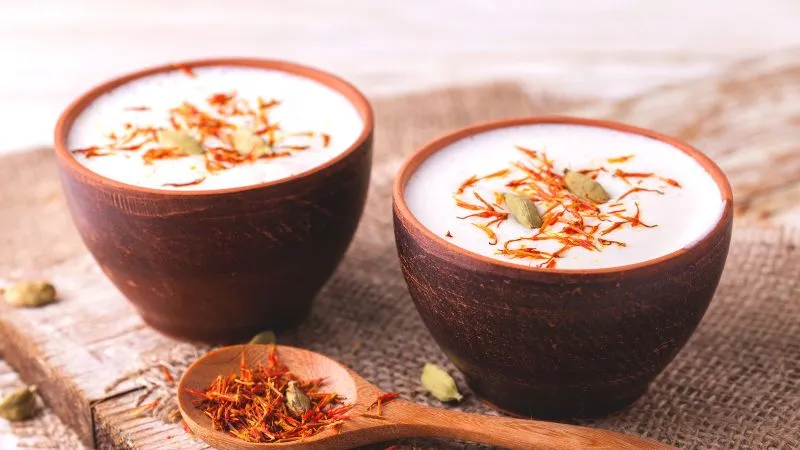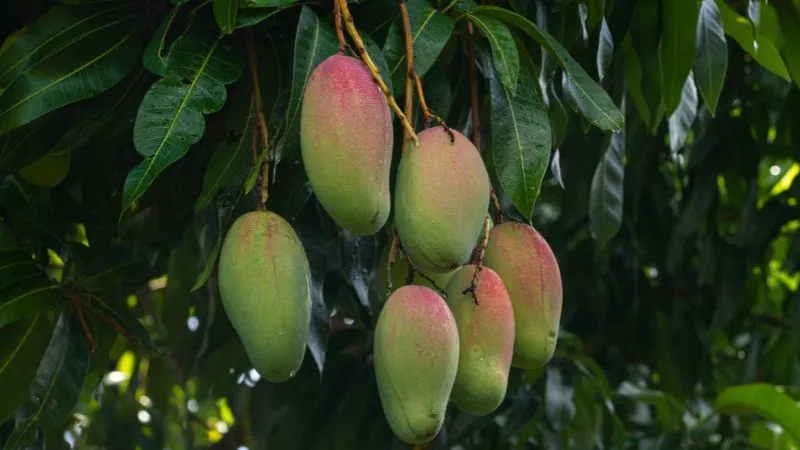List of foods to keep the body healthy in the month of Ramadan

The holy month of Ramadan is going on. In the month of Ramadan, it is very important to be physically fit in order to observe the right way of fasting and perform all the acts of worship. In the midst of the scorching heat of summer, we often break our fast during Iftar and often eat foods that have a detrimental effect on our body for traditional reasons. Not only this, not eating food according to proper rules can lead to physical discomfort, indigestion and various other problems.
I want healthy and nutritious food in Ramadan. We eat extra oil fried food in Iftar after fasting all day. I often buy these foods from outside. Doubts remain about its value.
It is only by controlling the eating habits of Ramadan that it is possible to stay healthy and continue worship properly. Below is a discussion of which foods should be on our daily food list during this month of fasting.
Dates or dates come first in the food list. Dates and dates contain many nutrients which are beneficial for the body such as carbohydrates, sugar, sodium, calcium, magnesium, phosphorus, iron, copper, sulfur, manganese, silicon, chlorine fiber etc.
Drink at least eight to ten glasses of normal temperature water from Iftar to Sehri at the end of the day. This water will not only help your digestion but also protect your body from dehydration. You can include liquid drinks like fruit juice, milk juice, Ruh-Afza etc. in your list. But in this case, care must be taken not to use ingredients such as sugar, milk, etc. to enhance the taste.
In all cases of Iftar, evening meal or Sehri, care should be taken to ensure that the food list is balanced. Meat, sugars, fats, vitamins, milk, yogurt, minerals, fiber, etc. combine to make a balanced diet.
Adding seasonal fresh fruits and a variety of vegetables or foods made from vegetables to the sad Ramadan food list. Regular consumption of fruits and vegetables will help you to stay free from problems like constipation.
To keep the stomach and body cool, you can eat easily digestible food like yogurt, chira etc. This food will help you to fill your stomach at the same time as it will be easily digested.
Chhola is eaten by many during and outside Ramadan. You can put this gram flour in your food list which is very beneficial for the body. However, it should be kept in mind that it is better to eat raw gram from roasted gram with oil.
Many people suffer from constipation as a result of changing their eating habits during the month of Ramadan. In that case you can drink it mixed with water.
Fiber or fibrous foods such as red flour, nuts, lentils, pulses, etc. can be added to the food list of the month of Ramadan. These foods take a long time to digest so the stomach stays full for a long time.
Fasting on a hot day can often lead to physical weakness, in which case you can drink coconut water or food saline at Iftar.
You can include all nutritious liquid milk or dairy healthy foods in your Ramadan food list.
Finally:
The habit of fasting without eating sahri is not good at all. On the last night, eat non-vegetarian (fish-meat or egg) with complex sugars or rice-bread. Have a full meal at this time. You can also eat milk. It will be the main meal of your day, much like lunch. Although there is no need to exercise during the month of Ramadan, light walking after Iftar will be good for both body and mind. Due to the performance of prayers, the work of exercise will also be done along with worship.
Ramdanul Mubarak



